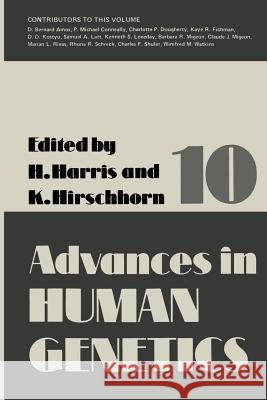Advances in Human Genetics 10 » książka
topmenu
Advances in Human Genetics 10
ISBN-13: 9781461582908 / Angielski / Miękka / 2012 / 394 str.
Kategorie BISAC:
Wydawca:
Springer
Seria wydawnicza:
Język:
Angielski
ISBN-13:
9781461582908
Rok wydania:
2012
Wydanie:
Softcover Repri
Numer serii:
000042700
Ilość stron:
394
Waga:
0.55 kg
Wymiary:
22.86 x 15.24 x 2.16
Oprawa:
Miękka
Wolumenów:
01
Dodatkowe informacje:
Wydanie ilustrowane











